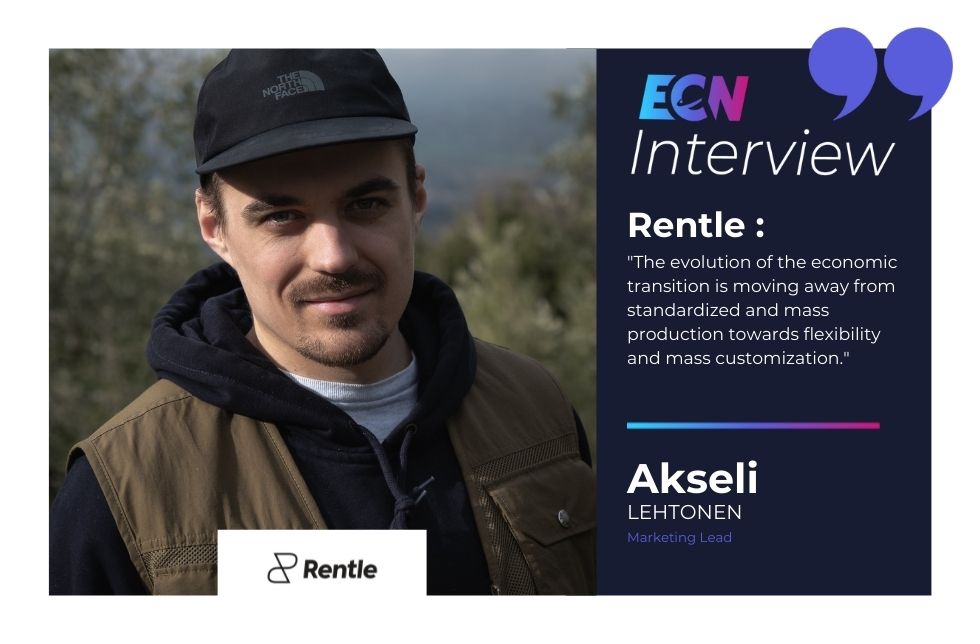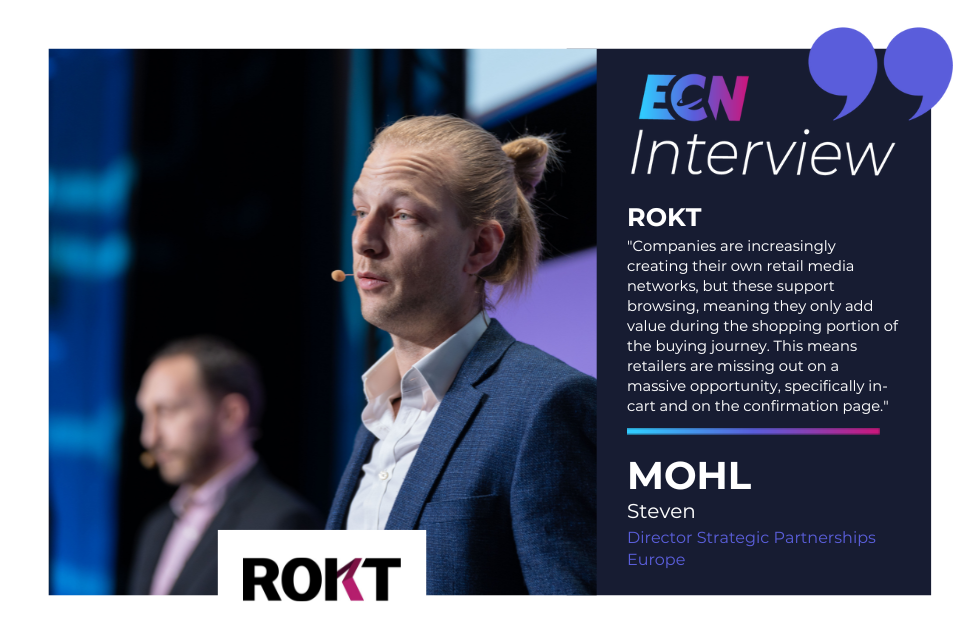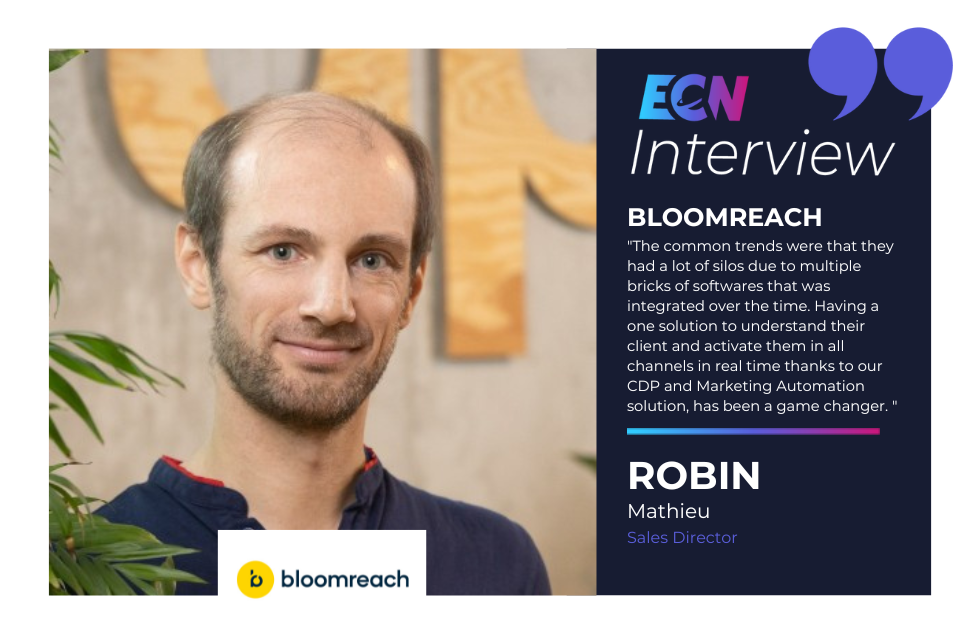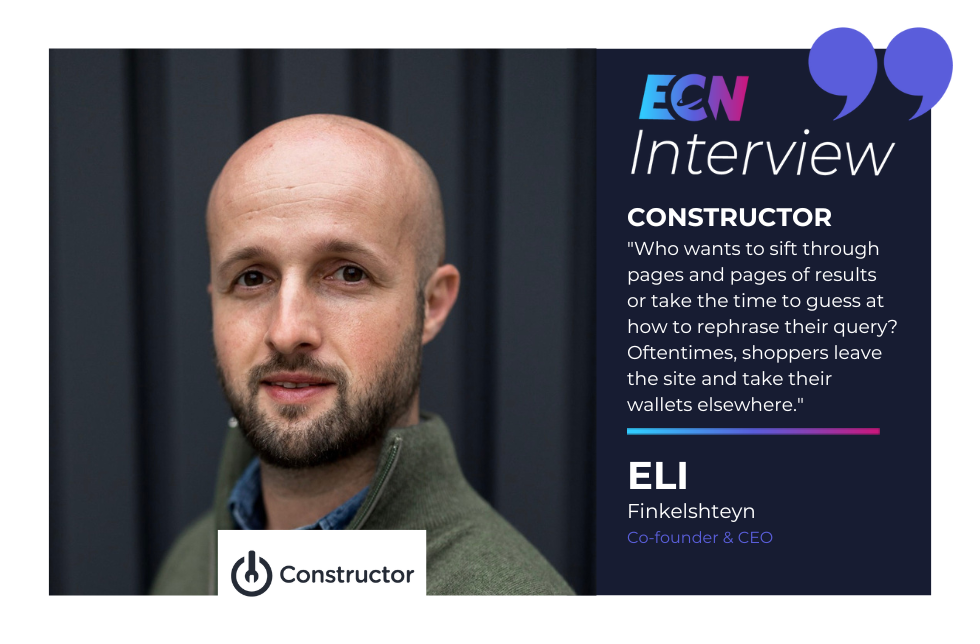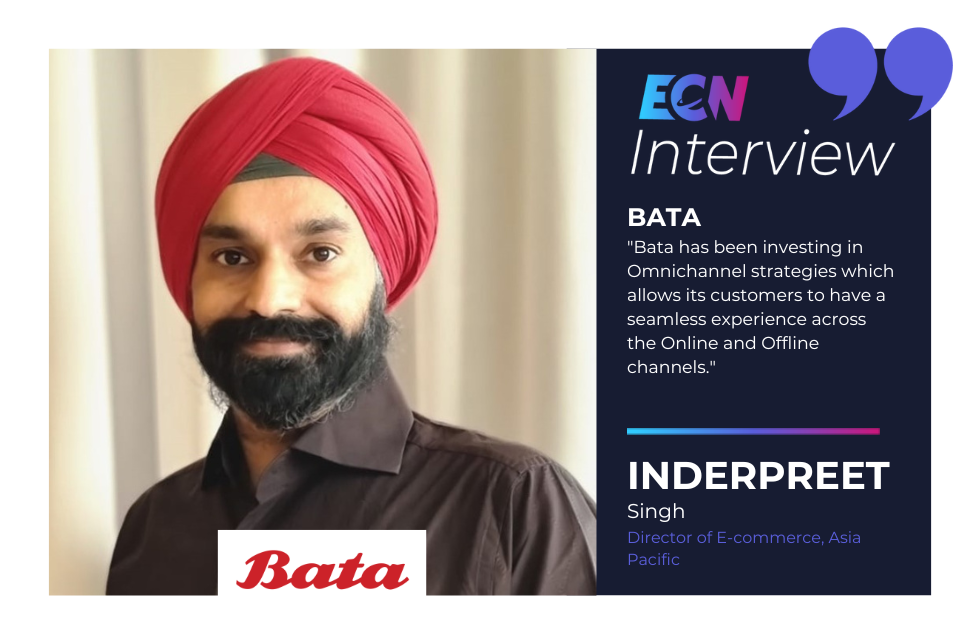For this interview, E-Commerce Nation contacted the Marketing Lead at Rentle: Akseli Lehtonen to discuss customer experience and, more specifically, the development of the circular economy in the E-commerce world.
Rentle is an E-commerce solution specialized in rental. The objective of the solution is to offer a frictionless online rental experience, acting in the direction of the development of a new mode of consumption that is more restricted and environmentally friendly.
Can you introduce yourself and your background?
I am Rentle’s second employee and in charge of Rentle’s marketing and customer acquisition. My background is in digital marketing, e-commerce strategy, and business model innovation.
Can you introduce Rentle and its activity?
Rentle is building a commerce platform for non-ownership-based business models (renting, subscriptions, product-as-a-service). With Rentle, any company can make any item in their inventory available for rent without a hassle, whether or not they have previous experience in circular commerce models.
Launching and scaling nonlinear business models is very cumbersome with the available software designed for selling ownership (linear commerce). The lack of proper technology and solutions for nonlinear commerce has, up to this date, hindered the shift towards more sustainable consumption of durable goods on a bigger scale.
Our mission is to accelerate the sustainable consumption of durable goods globally. The demand for paying for products on an on-demand basis already exists. Our job is to provide the software and technological infrastructure for nonlinear commerce so businesses can build the supply and fulfill the changing consumer preferences driven by convenience and sustainability.
Which clients do you accompany on a daily basis?
Our clients come in different sizes and from various industries. We serve everyone from solo entrepreneurs starting their first business to global retail chains offering rentals online and through their store network.
What are the requests generally made by your new partners?
The requests really depend on the partners, their industry, and previous experience in circular commerce.
Typically, companies without previous experience in circular business models need very practical guidance with setting up the operations and learning the best practices.
Companies with previous experience in renting and other circular business models usually have more advanced and detailed requests. The requests are more related to making the software fit their existing operation.
Surprisingly, the partner’s size doesn’t affect that much on the kind of requests we get. A startup and a large enterprise can have similar requests if they are new to renting. Only the scale is different.
Do you think we are heading towards a real shift in consumption, towards the circular economy?
The short answer is yes.
In 2016, a member of the Danish parliament, Ida Auken, made a provocative prediction in the World Economic Forum that: “We’ll own nothing and we’ll be happy. What we need we’ll rent, and it’s delivered to us with a drone.”
While the change might not be as radical as Auken suggests, the direction in which the consumption habits move is clear.
It’s an undisputed fact that the current commercial models and consumption patterns are not environmentally sustainable in the long term. However, I’m afraid that the sustainability aspect is not enough to drive the change in our habits on a bigger scale. Climate change and the problems of mass consumption are nothing new to anyone. Still, we continue to behave the same way. Why? Because it’s too intangible and vague for a typical consumer.
The driving forces behind the shift are much more practical and come down to the very basic psychology: “What’s there in it for me right now?”
With rentals, subscriptions, and supplementary services, brands have a way to lock in customers, tighten the customer relationship, and offer genuinely personal and customized brand experiences. In circular commerce models, brands have an opportunity to base their growth strategy on innovation, where linear and circular commerce supplement each other and diversify revenue streams without harming the total sales.
This shows as better and more flexible experiences for consumers and enhances social equality. Leasing, for example, reduces the burden of ownership (storaging, maintenance, etc.) and can promote the use of products that otherwise would not be affordable for customers.
So, to summarize, the breakthrough will happen when circular commerce models have been made a better, and most importantly easier, alternative to linear commerce. When businesses and consumers realize that circular commerce provides them more value, it becomes only a logical step in the evolution of trade. At Rentle, we are in the business of removing friction around circular business models and non-ownership-based consumption.
What actions do you think should be put in place to make commerce more environmentally friendly?
Brands and service providers must extend their involvement and responsibility to phases in the product life cycle, usually outside the traditional buyer-seller relationship. These include, for example, take back, reuse and refurbishment, and remanufacturing.
We are already seeing great initiatives from brands such as Patagonia, Zalando, and H&M in the form of repair, reuse, and refurbished sales programs. However, in the linear commerce model, the incentive for businesses to create closed product and material cycles is significantly smaller than in circular commerce models, where the company or service provider holds the ownership of the asset during its whole lifecycle.
Are there any clients who have specifically told you about their desire to make their business more eco-friendly?
Yes. For example, our client, Decathlon UK, is committed to lowering its carbon emissions by 53% by 2026 to make sports sustainable and reduce its carbon footprint. One solution in their toolbox to achieve the carbon emissions goal within the next five years is to begin the transition to a circular business model. Read more.
What are some examples of companies to follow when it comes to the circular economy today?
A German company, Grover, is an excellent example of a modern subscription platform for durable goods.
The company states it is democratizing access to consumer tech while tackling the world’s prolific e-waste problem.
Monthly subscriptions to new and used products remove the need for the upfront capital expense and allow for more flexibility than an outright purchase or financing plan.
Grover might be one of the first moving companies relying solely on a circular business model but definitely not the last.
On the contrary, which companies or industries should make more efforts to adopt a more responsible consumption pattern?
Every industry has both positive and negative examples. Being sustainable will not be a competitive advantage in the future – it will be a standard. Companies that don’t understand this and are not ready to transform simply won’t survive.
Do you think the pandemic we have been experiencing for the last two years will influence Green E-commerce in the wrong direction?
Sales are soaring and boosting mass consumption, thus affecting the green efforts put in place by some companies. Luckily, e-commerce can be green in many ways.
We don’t believe the global pandemic has slowed down the bigger trend towards more sustainable business and consumption patterns. E-commerce sales have soared during the pandemic because online shopping has been at some points the only possible form of shopping for many due to meeting restrictions and curfews. Furthermore, as people haven’t been able to spend that much on, for example, traveling, they have had more money to spend which has strongly oriented towards online shopping.
E-commerce will continue to eat the market share of brick-and-mortar retailers, and circular commerce will continue to take the market shares from the linear business. These are not mutually exclusive trends.
Have you identified any consumer trends (online or offline shopping) that online sellers will need to address in 2022?
The evolution of the economic transition is moving away from standardized and mass production towards flexibility and mass customization. Consumers will buy from merchants who can meet their unique needs at the right time. Data and consumer insights continue to be extremely valuable assets for companies. Therefore, close customer relationships are more important than ever. Circular commerce models are an excellent way for brands to bring their customers closer and gather insights. Companies that understand their customer the best are the winners of the new markets.

